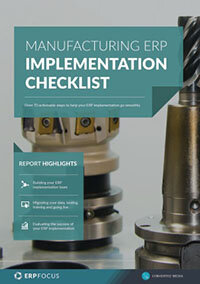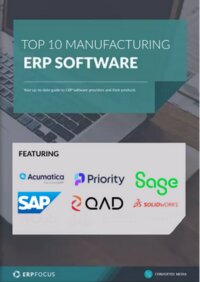Manufacturing ERP Security: 4 Factors to Monitor
Manufacturers might look to automate processes a lot more than some other businesses. A manufacturer exists to fabricate or assemble a product for sale. Any activity not directly connected to the product will always be looked as a low priority activity and that can sometimes include ERP system transactions and there are many of those for most manufacturers. Issues arise when the ERP security of these transactions is compromised.
Transaction Audits
Raw materials and components are delivered daily that need to be recorded as received and issued to jobs and paid for. Like in any business, manufacturing ERP security starts with segregation of duties such as different people placing orders, recording the receipt of the order, and making the payment. Manufacturers automate the order process by direct signals to the supplier as inventory is used. Suppliers might make deliveries to points along a production line bypassing a typical receiving station. Manufacturers will use both consigned and purchased materials side by side. To reduce costs, some even allow direct debits for payments. Your ERP can handle this variety of transactions. Security changes from checking (as transactions are made) to after-the-fact audits. Inventory needs to be cycle counted regularly and job costs should be checked every time a job completes.
Look-Back Audits
Another path to avoid cost might be an assumption that if a person started a job operation, he must be on the payroll clock too. Employees will let you know if they are underpaid. Look-back audits of job cost and payroll expense are necessary to ensure an altogether different type of security.
Machine-To-Machine Communication
Some manufacturers use machine-to-machine communications to track production speed and quality automatically. These communication channels are also often outside the business, sometimes unknown. When the airliner from Malaysia disappeared recently many were surprised to learn the engine manufacturer was tracking the airplane. Who is listening to your conversations and looking inside your business? This is probably benign, but can you be sure?
Facility Security
Physical security is another important distinction for many manufacturers. The manufacturing plant can be large and spread over a large area with many entrances. People enter and leave all day. Trucks and trains stop at open dock doors for deliveries and pick-ups. Fork lift trucks move around inside and outside. A thief could easily enter for material booty or for information. Badges and uniforms help identify who belongs there. Requiring an escort should help with approved visitors such as customers and auditors. What about the truck driver who asks for the restroom? What about the technician there to repair a machine? You can count parts and have a guard check at the out gate. How does your manufacturing ERP data security hold up? Would you know if there was a potential data leak? You should.
Manufacturers are open to security risks and need to be vigilant just like any other business. Some of the risks are unique to manufacturers but the need for security within ERP systems and the business as a whole is the same.
Free white paper
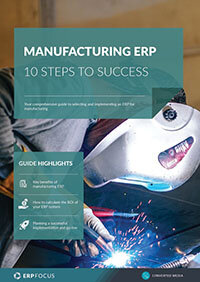
Manufacturing ERP: 10 steps to success
Complete step-by-step guide to manufacturing ERP software
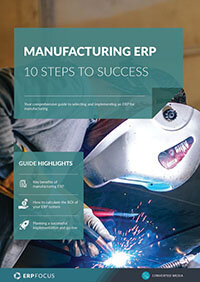
Featured white papers
Related articles
-
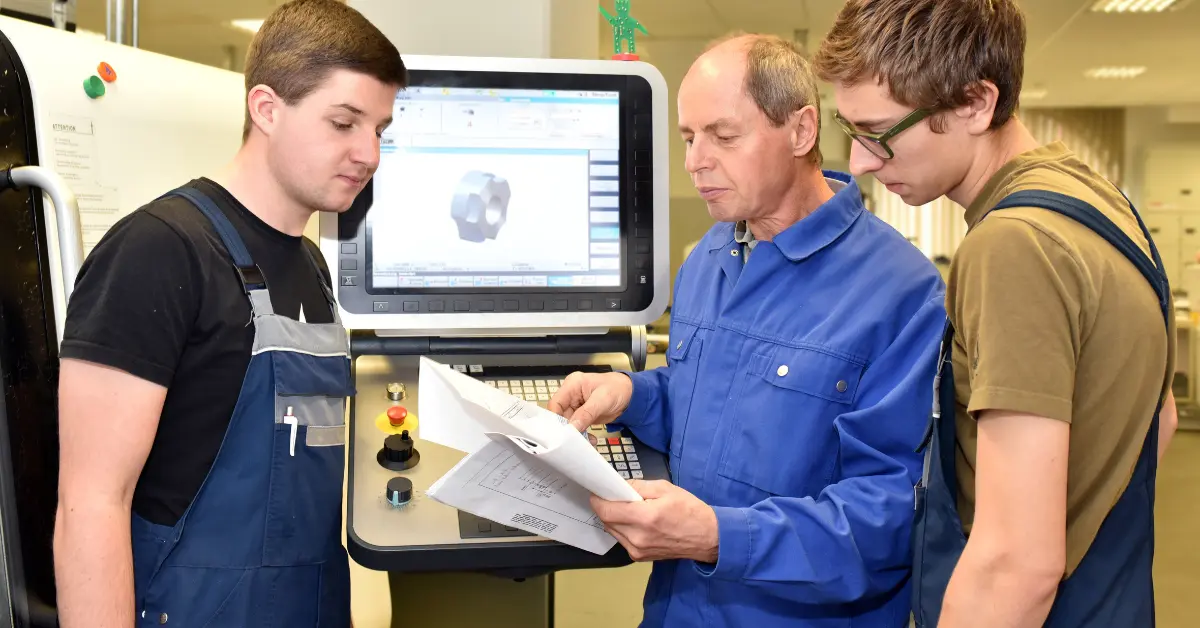
4 training tips for manufacturing ERP success
These four training tips will help your employees get the most out of your new manufacturing ERP ...
-

Secret KPI: Why Your ERP Implementation Team Matters More Than Software
Learn how Godlan ensures successful ERP implementation for manufacturers with proven strategies &...
-
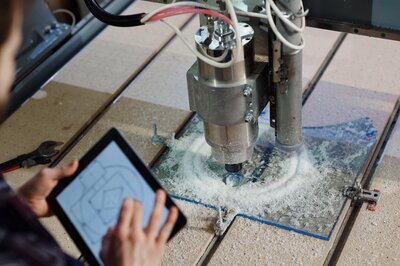
ERP for make-to-order manufacturing
How can ERP help your make-to-order manufacturing business thrive?


